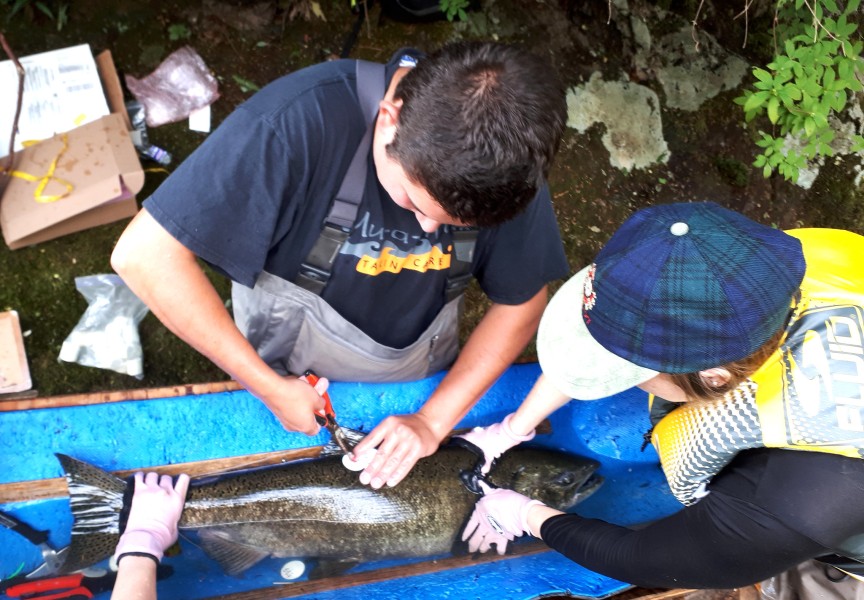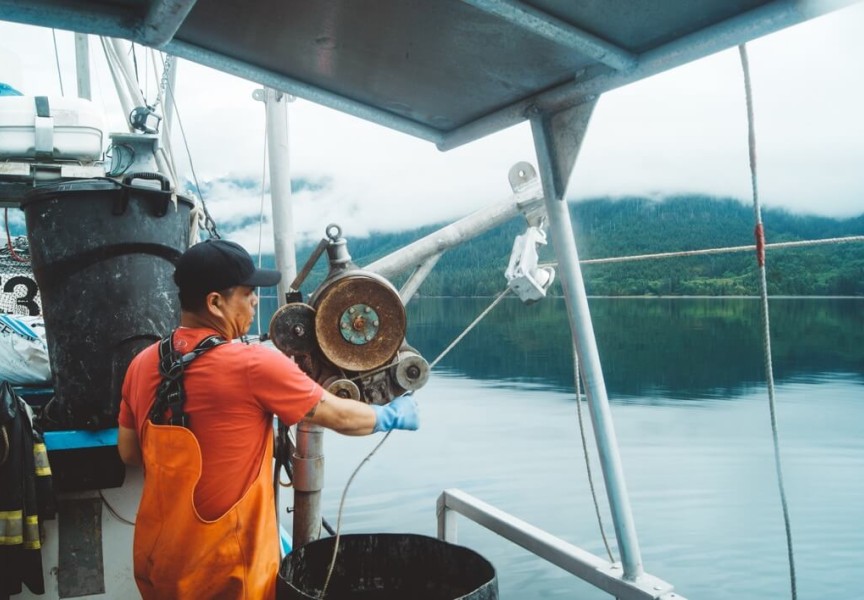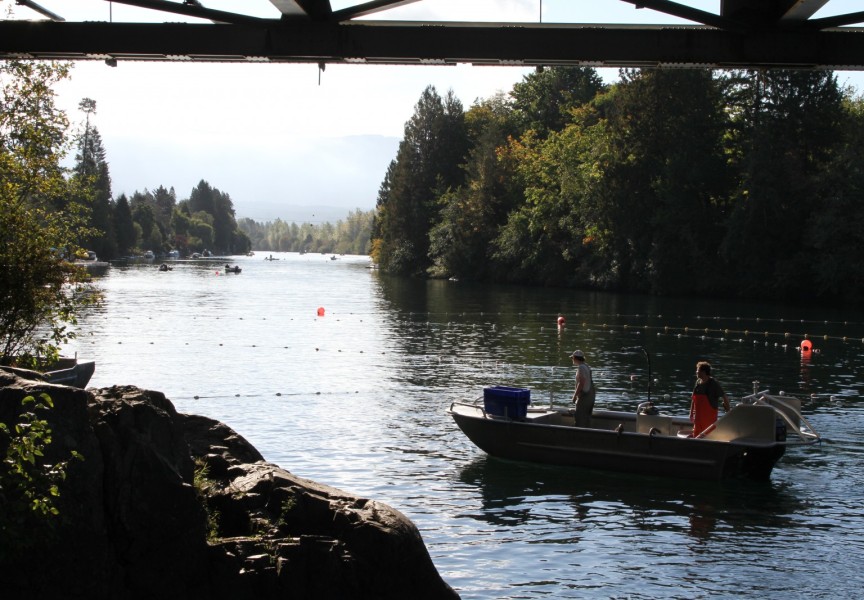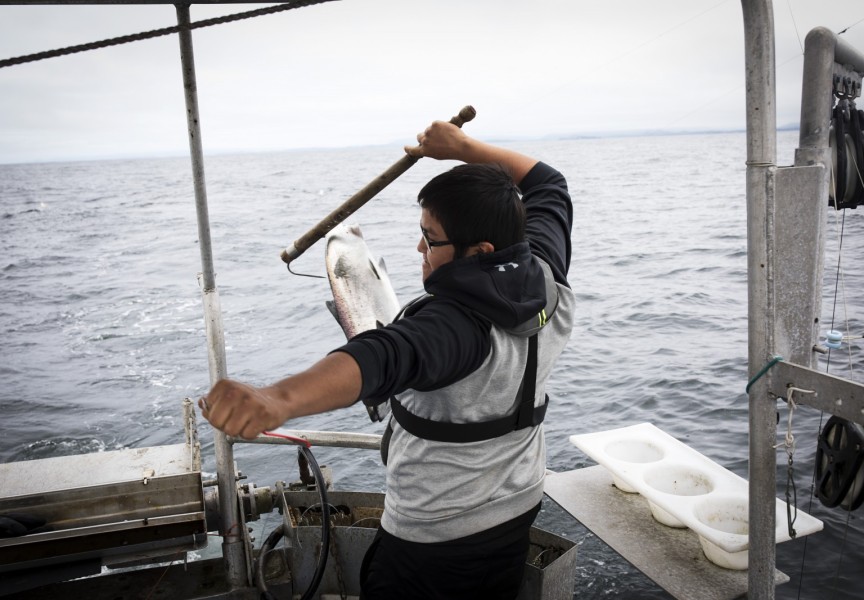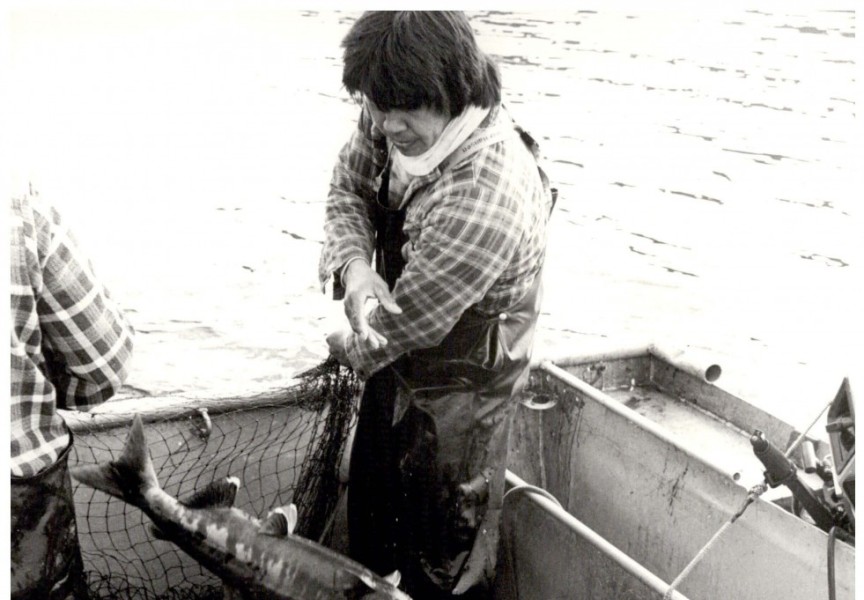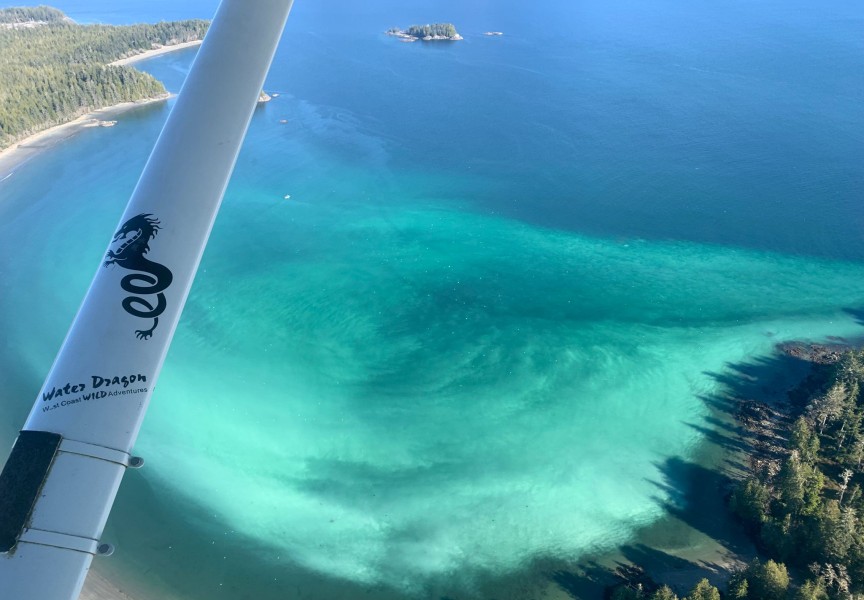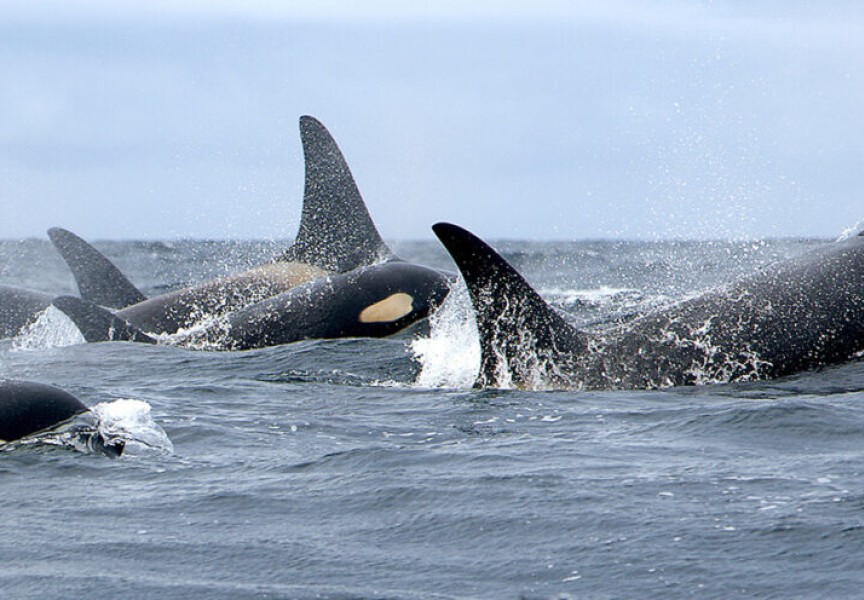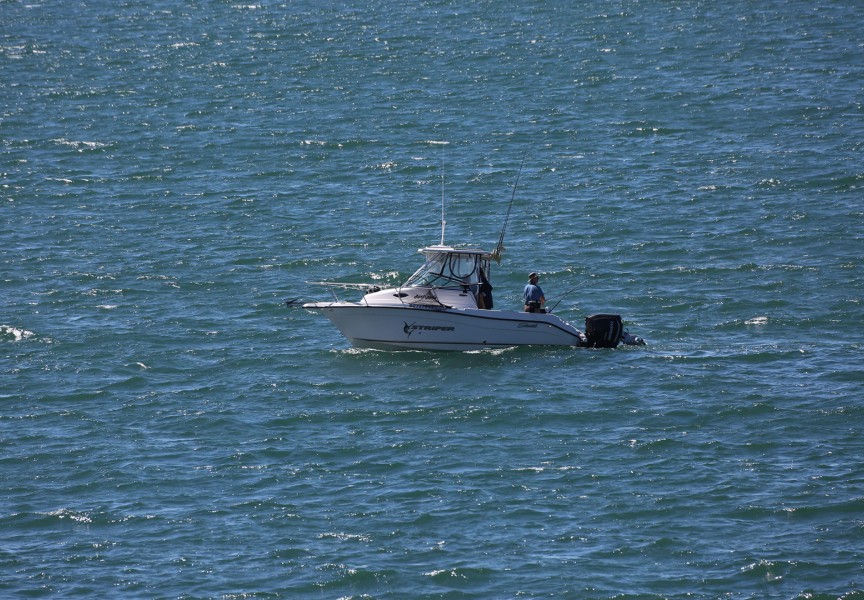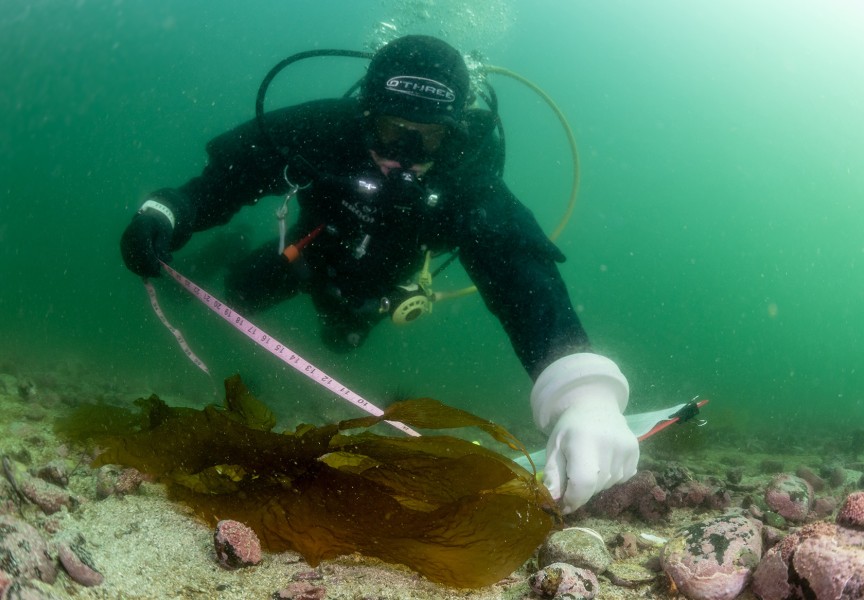A court battle over Nuu-chah-nulth fishing rights that has spanned nearly two decades appears to be over, with a decision from the federal government not to appeal a recent court ruling.
On June 22 the Ha’oom Fisheries Society, which represents the fishing rights of the Ahousaht, Ehattesaht/Chinehkint, Hesquiaht, Mowachaht/Muchalaht and Tla-o-qui-aht First Nations, announced that Ottawa would not be pursuing further litigation after reviewing an April 19 decision from the B.C. Court of Appeal. In this spring’s unanimous decision, the judges overturned a 2018 ruling from the B.C. Supreme Court that had narrowed the nations’ right to commercially harvest and sell species from their territorial waters.
This led representatives from the nations to see this as a victory, and now after multiple court challenges and appeals, Ha’oom is congratulating the Government of Canada on not challenging the recent decision.
This news came after the discovery of the remains of 215 buried children at the former site of the Kamloops Indian Residential School in early June. Ahousaht’s lead negotiator Cliff Atleo said that the traumatic aftermath of the residential school discovery was not ignored by the federal government, as they weighed the possibility of challenging Nuu-chah-nulth fishing rights again in court.
“We’re on the eve of an election,” said Atleo. “We’ve got the Kamloops stuff, the horror show there. Politically they had no choice.”
With the goal of revitalising the historical role Nuu-chah-nulth communities had in commercial fishing, the next step is for the feds to conclude a reconciliation agreement with the five nations this summer, according to Ha’oom.
“The hard work actually begins, because it’s our job to convince Canada to accept our perspective of reconciliation, not their limited perspective of keeping us down all of the time,” said Atleo. “I think that there’s an opportunity. The climate is right for change of approach and attitudes and actually have them start listening to our interests - actually be able to have a way of life that sustains our communities, families and children.”
The April court decision removed the terms “small scale”, “artisanal”, and “local” that were previously applied to the First Nations’ fisheries by the B.C. Supreme Court in 2018. Now the courts have defined the scope to “a non-exclusive, multi-species, limited commercial fishery aimed at wide community participation, to be conducted in their court-defined area for fishing, which extends nine nautical miles offshore,” according to the April 19 ruling from Justices Groberman, Fenlon and Fisher.
“It would appear from all that has been said that the plaintiffs’ rights are to a fishery of a moderate commercial scale,” continued the judgement.
But shortly before this ruling was released, documents drafted by Fisheries and Oceans Canada show an unwillingness to expand the commercial scale the five Nuu-chah-nulth nations can participate in the industry.
“DFO is of the view that wide community participation is facilitated by the use of small, low-cost boats with limited technology and restricted catching power,” reads this year’s Five Nations Multi-species Fishery Management Plan. “Vessels with a higher level of catching power are also more likely to exceed management measures intended to meet conservation objectives, such as limiting non-target catch.”
Current allocations reflect this view, showing the five nations with a small portion of the catch off the west coast of Vancouver Island. Out of 88,000 chinook allocated off the west coast, the nations were given 7,821 for commercial harvest. Another 5,000 is designated for First Nations food, social and ceremonial purposes, while the sports fishery has 40,000 and the Area G troll fleet is allotted 31,738. The treaty Maa-nulth nations are allocated another 3,441.
These numbers came from meetings with the DFO in April, and Atleo has yet to see any improvements to what the five nations are permitted to catch under the federal department’s management plan.
“Canada has to quit being scared of us being as successful as the rest of Canada,” he said, adding that the management of ocean resources could improve by giving First Nations a larger role. “We’ve been promoting that Canada simplify things by actually providing all of First Nations in B.C. half of everything.”
The court battle that became known as the Ahousaht et al. case can be traced back to April 2003, when Nuu-chah-nulth nations filed a writ of summons against Canada and British Columbia for not honouring their Aboriginal fishing rights. This resulted in the Nov. 3, 2009 B.C. Supreme Court ruling that the five nations have an Aboriginal right to harvest and sell fish from their respective territories, a decision that Canada challenged multiple times unsuccessfully.
After a 144-day justification trial on the scope of the Aboriginal right that concluded more than four years ago and this year’s updated decision from the B.C. Court of Appeal, the time is now for meaningful negotiations, said Judith Sayers, president of the Nuu-chah-nulth Tribal Council.
“We call on the DFO to come to the table immediately and begin dialogue with these five nations to determine sufficient allocations,” she said in a statement. “It is past time to do so. Our fishermen have waited long enough to pursue their livelihood and the court has definitively ruled on this right. It is a sad reflection on Canada that they fought the Nuu-chah-nulth in court for 18 years instead of negotiating.”


